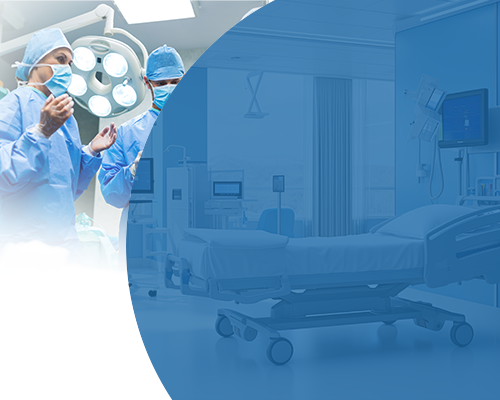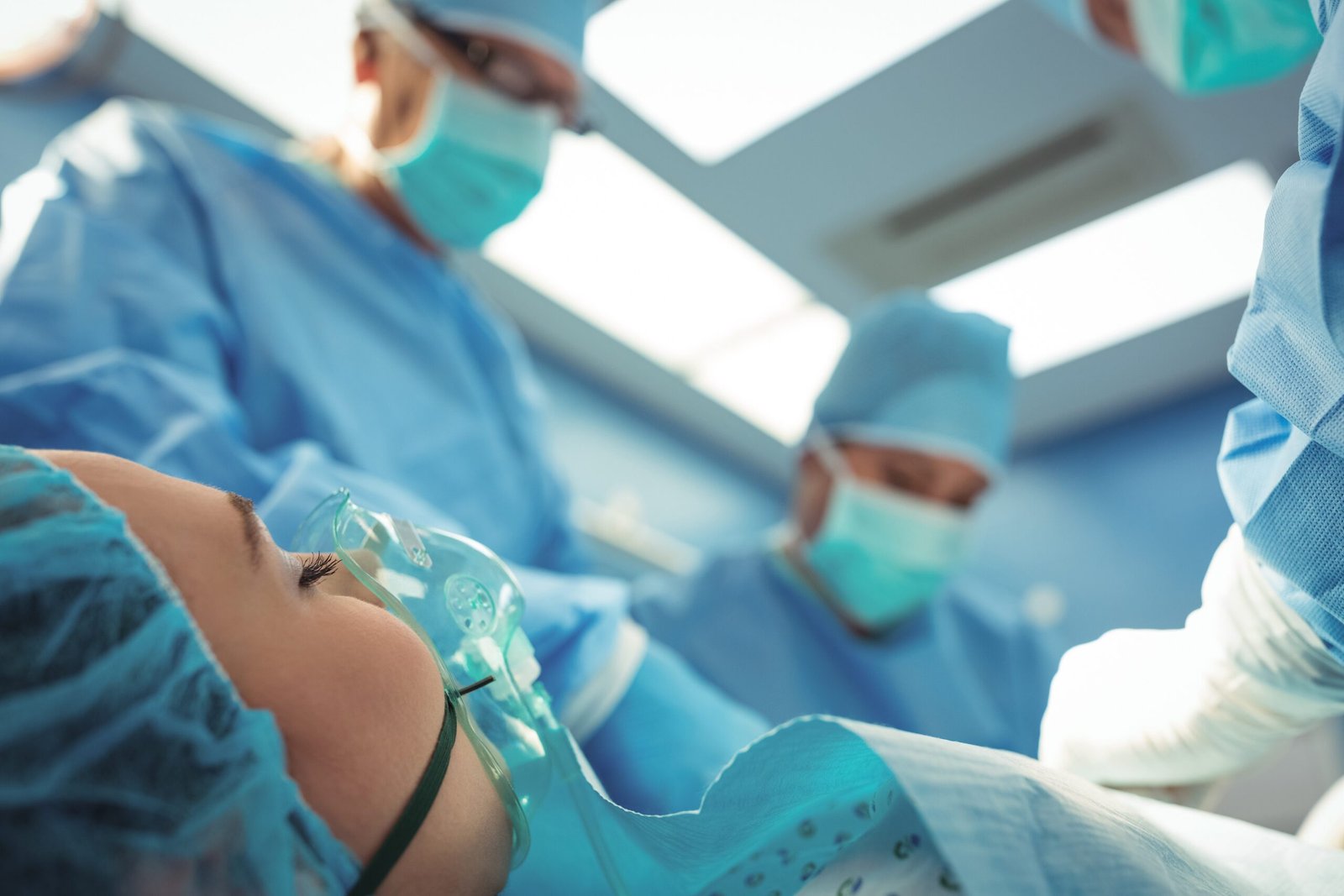Need Help?
(302) 797-1631

MAINTENANCE
Maintenance service for critical care equipment is of utmost importance in ensuring the reliable and efficient operation of these vital medical devices. With lives at stake, it is crucial to have a well-established maintenance program in place. This service involves regular inspections, preventive maintenance, and prompt repairs to address any issues or malfunctions that may arise. Trained technicians proficient in handling complex medical equipment perform thorough checks, calibrations, and tests to maintain the accuracy and functionality of critical care devices such as ventilators, anesthesia machines and patient monitor. By adhering to a comprehensive maintenance schedule, healthcare facilities can minimize the risk of equipment failure, extend the lifespan of their equipment, and ultimately provide the highest level of care to patients in critical conditions.

Our Benefits

How does anesthesia equipment work?
The anesthesia machine is connected to a supply of medical gases, such as oxygen, nitrous oxide, and air. These gases are stored in cylinders and regulated to the appropriate pressure.
How is anesthesia dosage controlled and monitored during surgery?
Anesthesiologists control the delivery of inhalational anesthetics through the anesthesia machine. They adjust the flow rates of oxygen and other gases, as well as the concentration of vaporized anesthetic agents using vaporizers.
Can anesthesia equipment be used for pediatric patients? Are there special considerations?
Yes, anesthesia equipment can be used for pediatric patients, but there are indeed special considerations due to the unique physiological and anatomical differences in children compared to adults.

